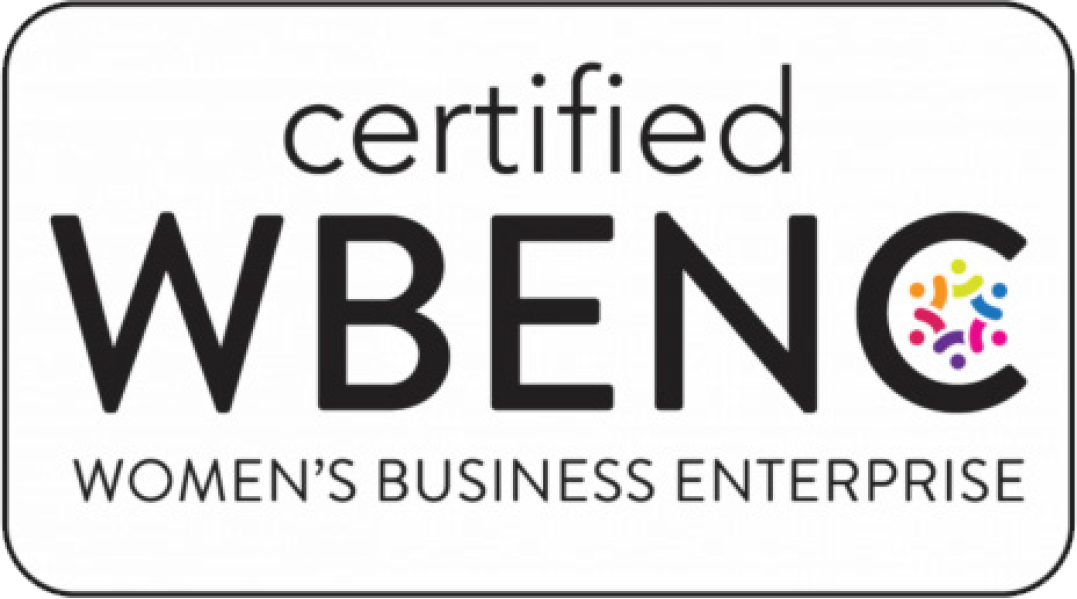Are you stuck?
Are you —or your team — struggling to move forward on an important project? Do you experience symptoms including procrastination, overthinking and boatloads of anxiety?
You may be suffering from analysis paralysis.
Don’t worry … it’s not fatal to your momentum. Or at least it doesn’t have to be.
Why — and when — analysis paralysis happens
Many communications professionals suffer from this affliction in the face of objectives such as:
- Clearly defining a company’s brand identity
- Developing a strategy for launching a new product or initiative
- Providing writers with guidelines for voice and tone
- Creating a new tagline, message line or campaign line
In any of these cases, analysis paralysis can be scary and debilitating. Fortunately, there is a potential cure: The Workshop.
A simple but powerful remedy
Many people have regained hope — and gone on to have continued successful careers — by proper use of a workshop.
What is a workshop? It’s more than a meeting.
A workshop can be a powerful tool for turning things around. It establishes a collaborative and creative environment, where people focus on making meaningful progress.
Workshops start with putting the right people together in a room (real or virtual) and asking the right questions.
Over the course of 90 minutes or so, a workshop can provide insights to help a team turn procrastination into action.
Proper application of a workshop
We recently held a workshop for a consumer goods team that needed employees to begin using a suite of new digital tools. The tools were designed to make users’ jobs easier, but employees first had to be persuaded that learning the tools would be worth their time.
Our group walked a team of data scientists, engineers and others through a workshop that helped them create a brand personality for their digital tools suite. The results were used to create a brand name, brand foundation, visual identity and voice and tone guide that would successfully cut through the clutter and win employees over.
This was an important first step toward creating lasting change.
What makes up a successful workshop
While every workshop is unique, we think a few active ingredients are key to success each time.
Consider that:
- A good workshop should pull you out of the daily grind.
When your days are dictated by a million small things that need attention ASAP, workshops force you to step away from everything else calling your name. The workshop format demands your undivided attention.
2. It must include fresh perspectives.
Workshops should bring together people who aren’t usually in the same room — like executives and IT folks. Blending different backgrounds and perspectives sparks creativity. People start thinking about problems (and solutions) differently.
3. The questions and format should be tailored to your needs.
If you really want to break out of the mold, avoid cookie-cutter workshops. Structure yours to fit your challenges and communication style. Questions should be clear and concise but inspire people to think in new ways. You should also be able to apply the answers to those questions to multiple aspects of your project.
Results can be immediate and long-lasting
One of the best parts of the workshop process is digging into the results. Sometimes, the insight you’ve been looking for can be found in a comment that didn’t strike you as important at the time.
We’ve had plenty of “Aha!” moments while combing through transcripts. And we’ve come back to the results of a workshop time and time again, even after the initial project is complete.
Is a workshop right for you?
Bear in mind that workshops do require a significant investment of time, talent and thought. But when you handle them correctly, the results can be impressive.
You’ll stop spinning in place. Your team will start making forward progress. And you’ll learn a lot in the process.
In Part Two of this series, we’ll give you actionable steps for holding a successful workshop.
We’re also happy to answer your questions directly. Just email us at WordsFresh.
Are you stuck?
Are you —or your team — struggling to move forward on an important project? Do you experience symptoms including procrastination, overthinking and boatloads of anxiety?
You may be suffering from analysis paralysis.
Don’t worry … it’s not fatal to your momentum. Or at least it doesn’t have to be.
Why — and when — analysis paralysis happens
Many communications professionals suffer from this affliction in the face of objectives such as:
- Clearly defining a company’s brand identity
- Developing a strategy for launching a new product or initiative
- Providing writers with guidelines for voice and tone
- Creating a new tagline, message line or campaign line
In any of these cases, analysis paralysis can be scary and debilitating. Fortunately, there is a potential cure: The Workshop.
A simple but powerful remedy
Many people have regained hope — and gone on to have continued successful careers — by proper use of a workshop.
What is a workshop? It’s more than a meeting.
A workshop can be a powerful tool for turning things around. It establishes a collaborative and creative environment, where people focus on making meaningful progress.
Workshops start with putting the right people together in a room (real or virtual) and asking the right questions.
Over the course of 90 minutes or so, a workshop can provide insights to help a team turn procrastination into action.
Proper application of a workshop
We recently held a workshop for a consumer goods team that needed employees to begin using a suite of new digital tools. The tools were designed to make users’ jobs easier, but employees first had to be persuaded that learning the tools would be worth their time.
Our group walked a team of data scientists, engineers and others through a workshop that helped them create a brand personality for their digital tools suite. The results were used to create a brand name, brand foundation, visual identity and voice and tone guide that would successfully cut through the clutter and win employees over.
This was an important first step toward creating lasting change.
What makes up a successful workshop
While every workshop is unique, we think a few active ingredients are key to success each time.
Consider that:
- A good workshop should pull you out of the daily grind.
When your days are dictated by a million small things that need attention ASAP, workshops force you to step away from everything else calling your name. The workshop format demands your undivided attention.
2. It must include fresh perspectives.
Workshops should bring together people who aren’t usually in the same room — like executives and IT folks. Blending different backgrounds and perspectives sparks creativity. People start thinking about problems (and solutions) differently.
3. The questions and format should be tailored to your needs.
If you really want to break out of the mold, avoid cookie-cutter workshops. Structure yours to fit your challenges and communication style. Questions should be clear and concise but inspire people to think in new ways. You should also be able to apply the answers to those questions to multiple aspects of your project.
Results can be immediate and long-lasting
One of the best parts of the workshop process is digging into the results. Sometimes, the insight you’ve been looking for can be found in a comment that didn’t strike you as important at the time.
We’ve had plenty of “Aha!” moments while combing through transcripts. And we’ve come back to the results of a workshop time and time again, even after the initial project is complete.
Is a workshop right for you?
Bear in mind that workshops do require a significant investment of time, talent and thought. But when you handle them correctly, the results can be impressive.
You’ll stop spinning in place. Your team will start making forward progress. And you’ll learn a lot in the process.
In Part Two of this series, we’ll give you actionable steps for holding a successful workshop.
We’re also happy to answer your questions directly. Just email us at WordsFresh.
 SUBSCRIBE TO
SUBSCRIBE TO
Three fresh ideas (and a meme)
Love what you just read? There’s more! Sign up for our monthly newsletter for even more thought-provoking ideas (and reasons to LOL).


